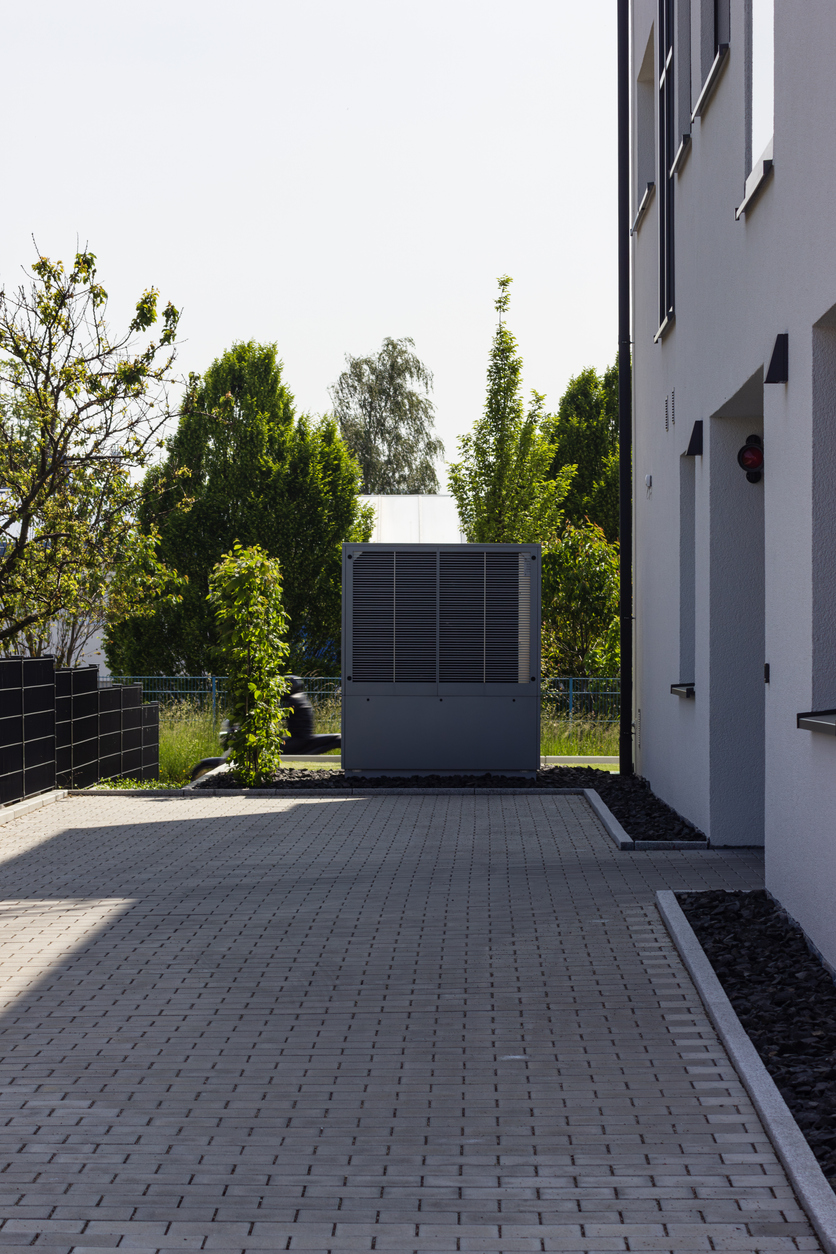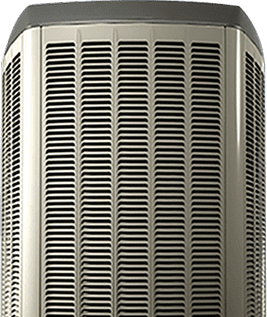Are heat pumps worth it in Canada

Are Heat Pumps Worth It In Canada
Is it worthwhile to invest in heat pumps in Canada? Many homeowners considering cooling and heating options are asking themselves this question. The varied climate of Canada, with its cold winters and varying regional conditions, adds one-of-a-kind complexity to the equation. Heat pumps provide energy-efficient heating and cooling, but how do they perform in Canada? Mr. Furnace Heating and Air Conditioning is here to answer these exact questions in our post.
Therefore, if you want to learn more about how well heat pumps work in Canada, keep reading for more!
What is the downside to a heat pump?
Even though heat pump units are often praised for being energy-efficient solutions for year-round interior comfort, there are some drawbacks that homeowners should be aware of before seeking to have one installed in their homes. As such, here is a closer look at some of the disadvantages associated with having a heat pump in Canada:
· Heat pumps may become inefficient in freezing temperatures, necessitating the use of supplemental heating.
· Heat pumps have a higher initial cost when compared to conventional systems.
· Installation may necessitate changes to electrical or ductwork systems which may cost you more upfront and cause more disruption throughout your home.
· Heat pumps rely on electricity, and price variations can have an impact on affordability.
Despite these disadvantages, heat pumps continue to be an appealing and energy-efficient choice for indoor temperature control in many homes. Therefore, to determine if a heat pump is the correct choice for your home, consider your particular requirements, climate conditions, and budget. Additionally, don’t forget to partner with a certified and professional HVAC company in your area that you can trust to provide you with high-quality installation results.
How long do heat pumps last in Canada?
Heat pumps in Canada typically have a lifespan of 15 to 20 years, similar to those in other parts of the world. It is important to note, however, that the longevity of a heat pump can be contingent upon a variety of variables, like specific environmental circumstances across the country.
Heat pumps may face more challenging operating conditions in colder regions of Canada, where winters are harsh, and temperatures often drop below freezing, like Alberta, the Yukon, or Nunavut. This may have an effect on their durability and efficiency. In such cases, it is even more critical to select a heat pump designed especially for colder climates, as well as to ensure that it is correctly installed and maintained. It may also be more appropriate to install a conventional HVAC system as opposed to a heat pump, as it could be more efficient.
As such, if you’re thinking of installing a heat pump in your Canadian home, make sure you partner with a professional HVAC company in your area, as they will be able to accurately determine whether this type of HVAC system would fit your needs and maximize your energy efficiency. It’s also important to make sure that your heat pump receives annual maintenance appointments to ensure it is in proper working condition for as long as possible.
Is it OK to leave the heat pump on all day?
Yes, it is generally acceptable to leave your heat pump on all day if necessary. Heat pumps have been engineered to provide reliable and even heating or cooling, and they can run for a long time without causing significant problems. However, there are a few things to keep in mind:
· Energy Consumption: Leaving your heat pump on all day consumes a lot of energy. This may have an influence on the cost of utilities based on your environment and your energy costs. Program your thermostat to a comfy temperature, and think about employing a smart thermostat to save energy while you’re away or sleeping.
· Consistent Service: Constant use can cause more damage to heat pump parts. It is critical that you plan periodic servicing and assessments to ensure peak performance. This will aid in identifying potential problems and ensuring efficient operation.
· Consider Comfort vs Efficiency: While leaving the heat pump running all day may offer uniform comfort, some people prefer to adjust the temperature depending on whether they are at home and their unique needs. Consider balancing comfort and energy consumption by modifying the thermostat settings when you are gone for a long amount of time or at night.
Do I need an air conditioner if I have a heat pump?
In most cases, having a heat pump eliminates the requirement for a separate air conditioning system. A heat pump’s main purpose is to provide cooling as well as heating, making it an adaptable all-in-one system. During the summer, the heat pump can work in the reverse position, obtaining heat from your residence and distributing it outside, thereby cooling the interior of your home.
However, according to your unique requirements and circumstances, there may be exceptions. For example, if you are located in a region with extremely hot summers where temperatures exceed 35 degrees Celsius or if you need extra cooling capacity in certain parts of your home, you may want to consider installing a supplemental air conditioning unit in addition to your heat pump.
It’s always an excellent plan to consult with an HVAC professional to evaluate your cooling needs and figure out whether a heat pump alone will suffice or if extra cooling options are required. They can give you recommendations based on things like climate, home dimensions, insulation quality, and personal comfort preferences.
Don’t know whether a supplementary heat pump system is needed for your home that is already equipped with an air conditioner unit? If so, please do not hesitate to reach out to the team at Mr. Furnace Heating and Air Conditioning! We are located in St. Catharines, Ontario, and proudly serve the neighbouring communities as well! Call and book a consultation appointment with our home comfort advisors to receive a complimentary new system purchase quote!
